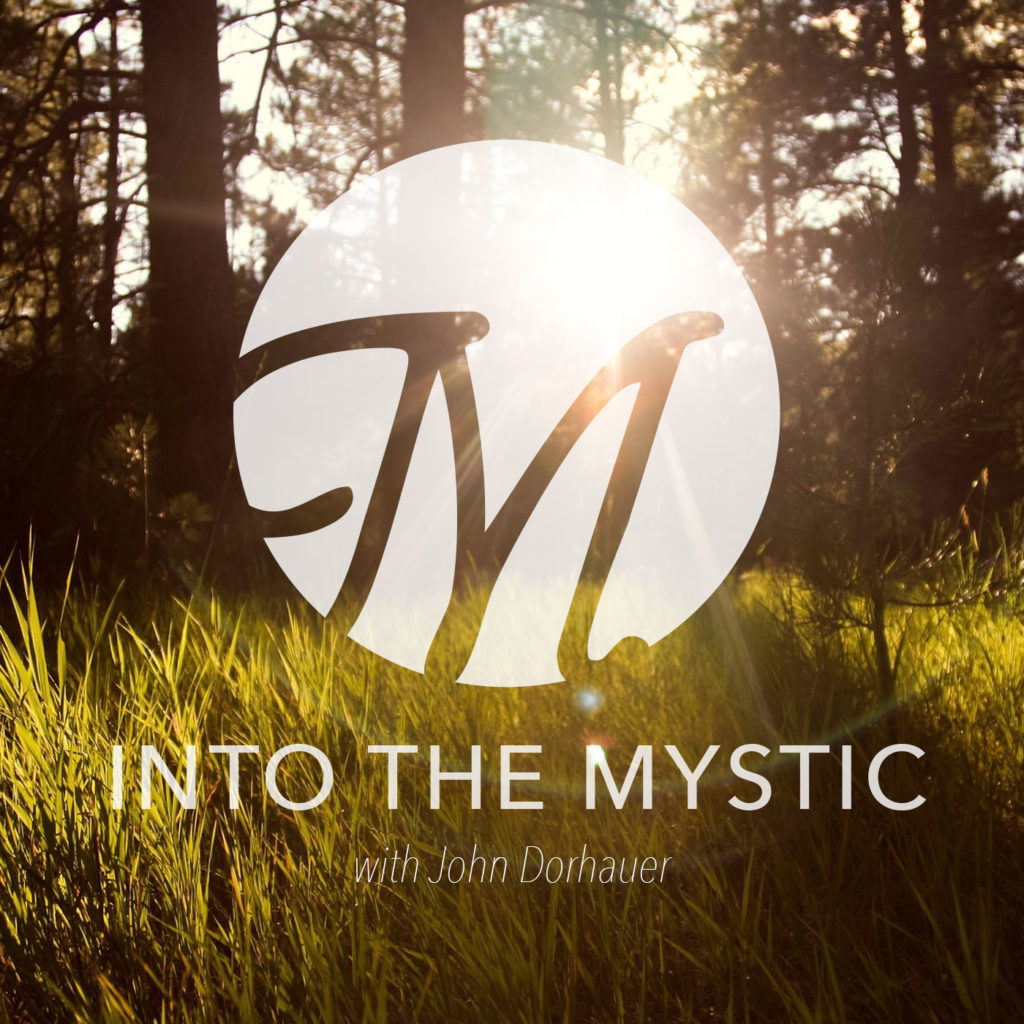Episode 31: Orlando
50 dead and 53 wounded.
Orlando.
Pulse nightclub.
I’m not sure how to process this.
The numbers keep getting bigger; and I have no idea where it stops. After a while, the number 50 has as much or as little meaning as the numbers 27 or 32: before this past weekend, those number reflected the most deaths in a mass shooting in America.
Each of those numbers has a name; a face; a history; a family; a job; a community. Each of those numbers made a difference on someone’s life. Each of those numbers left home light-hearted, having decided to spend an evening among friends – or having decided to make new ones – never guessing that whatever laughter came of it would be their last.
My fear is less that in the continuing aftermath of these tragedies we will be so overwhelmed by fear and anguish that we won’t be able to process the pain anymore, than it is we will learn to do just fine with it all. Our bodies and our psyches have been wired to defend ourselves from this kind of madness and destruction. We are all learning how to cope, to move on from one tragic moment to the next without appropriate grief, anger or rage lingering long enough to either give due honor and respect to the numbers with names, or to inspire us to make the kind of changes needed to minimize the risk of this ever happening again.
Politicians will grandstand. News reporters will seek out the salacious details that keep our attention focused on this tragedy – until the next more exciting event takes place and turns our attention elsewhere. Gun lobbyists will rehearse all the old tropes about how guns don’t kill people, people do. As David Byrne of the Talking Heads once sang: “Same as it ever was.”
How do we maintain spiritual health in the midst of such horror? How do we tune out the cacophony of voices who will use this moment to message it to their particular advantage? And how do we struggle to find the balance between accepting the grief that must come when a community and a nation is violated in such a way and choosing to stop processing because it just costs too much?
In his book, Night, Elie Wiesel talks openly and honestly about the shared grief of a people who upon whom an atrocity so utterly evil as to be almost unspeakable was perpetrated. He talks about an incident when the occupants of a concentration camp were forced to witness the hanging of a young Jewish boy. The crowd’s grief was too much to bear, and in the midst of that rage a voice cried out, giving utterance to the collective despair, rage, and grief: “Where is God?”, shouted the voice. Elie remembers the response: a single person pointing to the lifeless body of the boy hanging from the rope and saying, “There is God.”
Which is, I think, a way to say that God suffers with us in these moments. As our own spirits absorb the wounds of this collective grief – at some point we are aware that the companionship of God is there in the moments of both profound joy and utter sorrow. And that matters.
These journeys we travel together are laden with sorrow and burdens too hard to carry alone. May the companionship of one you love and the abiding presence of our Creator sustain you along the way. And in the midst of what can appear to be incessant horror and tragedy, may you find through your mist of tears glimpses of the holy and sacred as you wind your way Into the Mystic.
